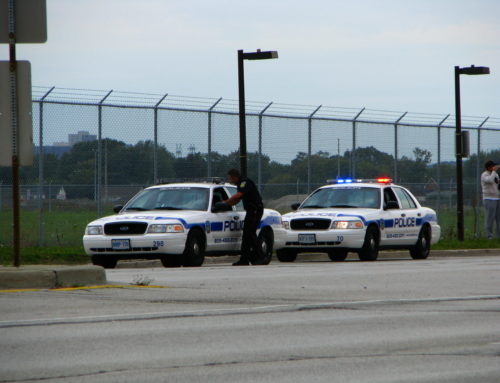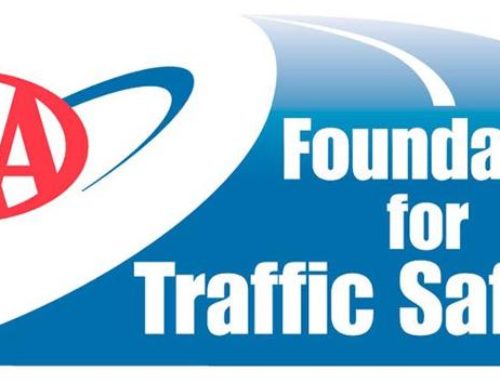A recent ruling in Minnesota’s Court of Appeals has new implications for how state police implement drunken driving laws. Todd Trahan was sentenced to five years in prison after he was arrested for drunk driving in October 2012, but not before he was convicted of DWI several times before.
During the process of his arrest, Trahan refused to submit to a blood alcohol test that would determine his Blood Alcohol Content (BAC). But, because he had refused to a blood test he was then charged under the Minnesota’s “implied consent law”. The law requires drivers being pulled over for suspension of drunken driving give a blood or urine sample or they can be charged with refusing, which can have an even higher penalty. In a deal with the District Attorney’s office, Trahan was given a five year prison term for the refusal.
On October 13, 2015, the Minnesota court of appeals overturned Trahan sentence and ruled that allowing the state police to draw blood from a suspect without their permission is unconstitutional, noting “such tests is a serious intrusion into the human body.”
As a result of this ruling, state law officials may soon need a warrant before they can take a blood sample from a driver suspected of DWI.
Judge Jill Flaskamp Halbrooks says “Unlike breath, blood does not naturally and regularly exit the body.” And while the Supreme Court has allowed exceptions to requiring a warrant to draw blood, Judge Halbrooks says “concern alone about delaying a test could allow alcohol in the blood to dissipate isn’t one of them.” There are alternatives, she said, to invading someone’s body without their permission and then criminalizing their refusal to allow it.
Another judge on the panel, Kevin Ross disagrees stating: “Requiring police to get a warrant to test a suspected drunk driver will actually remove the choice of suspects to refuse.”
After today’s decision, police should never merely request a blood test, because if they do, upon refusal, not only is no test permitted, but also conviction is far less likely.
Every police officer doing her duty to gather evidence to ensure the criminal conviction of apparently drug-impaired drivers has but one remaining course: give the driver no choice; call a judge every time; get a warrant every time; and administer a blood draw if necessary by force, every time.
The state will continue to obtain its evidence to convict and remove impaired drivers from the road, but it will cost the people their significant statutory restraint on police power.
For more on this story, click here.
The exclusive purpose of this article is educational and it is not intended as either legal advice or a general solution to any specific legal problem. Corporate offices for Nave DWI Defense Attorneys are located at 432 N. Franklin Street, Suite 80, Syracuse, NY 13204; Telephone No.: 1-866-792-7800. Prior results do not guarantee a similar outcome. Attorney Advertising.







